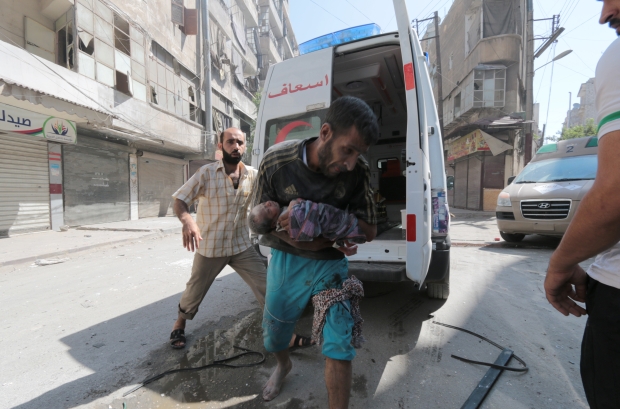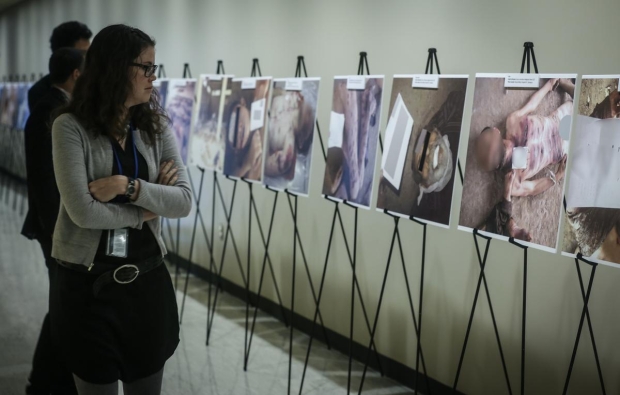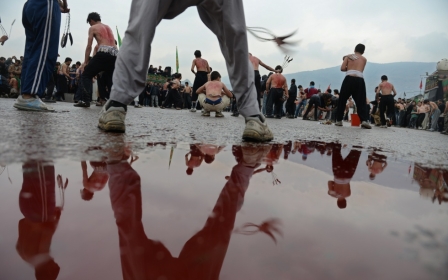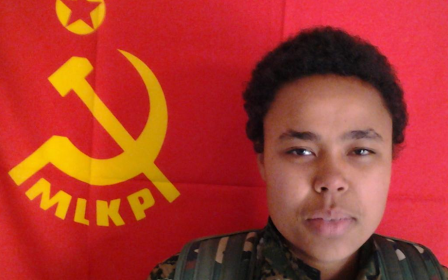As Syria's war worsens, Assad tightens grip on power
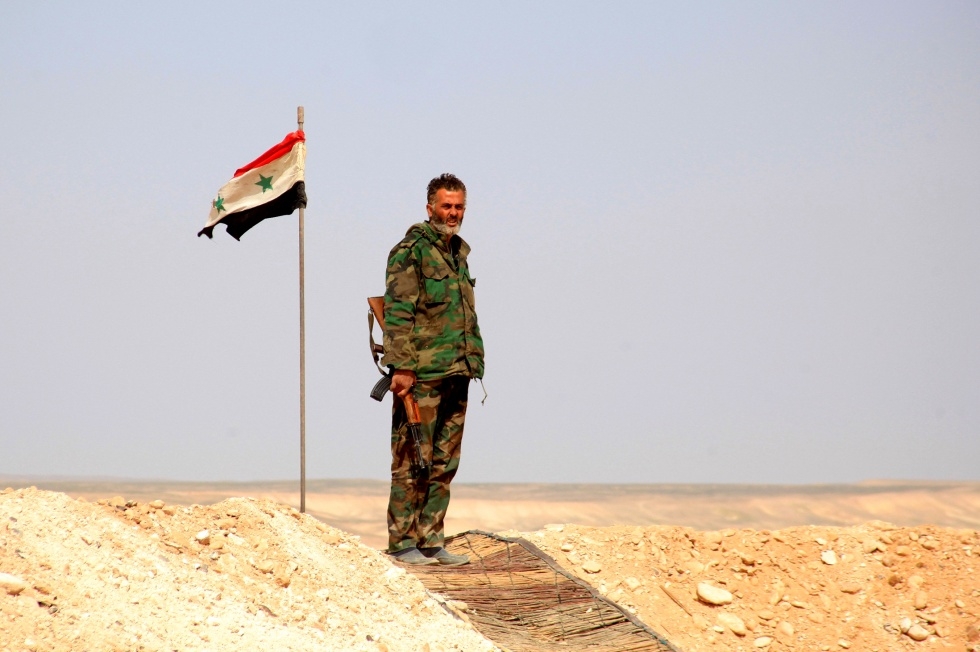
Syrian President Bashar al-Assad enters his fifth year of war with a tight hold on power, as international priorities have shifted to focus on defeating the Islamic State (IS) group in Syria and Iraq.
"Assad has improved his position internationally. The US, EU states and others are no longer demanding his immediate departure," said Volker Perthes, director of the German Institute for International and Security Affairs.
While rights groups still regularly accuse Assad of indiscriminately killing his own people, even the Syrian opposition no longer demands his resignation as a precondition for peace talks.
"Statements from the US and from EU capitals indicate a de facto direct or indirect acceptance of Assad's holding on to the presidency, and a search for some form of national unity coalition that would include Assad as well as the non-jihadist opposition," Perthes said.
Assad has managed to avoid military defeat thanks, in part, to significant support from the Lebanese Shiite militia Hezbollah and the Iranian Revolutionary Guard.
Airstrikes by the US-led coalition have piled pressure on militants from IS and the al-Qaeda affiliate al-Nusra Front.
In remarks that angered the rebels, UN envoy Staffan de Mistura recently described the president as "part of the solution" in Syria.
Even US Secretary of State John Kerry, who recently said Assad "has lost any semblance of legitimacy," added that "but we have no higher priority than disrupting and defeating Daesh," using the Arabic acronym for IS.
Over 500 doctors killed since 2011
However, on the ground in Syria, the humanitarian situation has been deteriorating.
Physicians for Human Rights said on Wednesday that more than 567 doctors and medical workers have been killed by Syrian government forces during the four-year war, an average of one medical worker killed every other day.
The New York-based rights group accused government forces of "systematically" targeting hospitals, clinics and medical personnel since 2011.
The report also documented 233 attacks on 183 hospitals and clinics, most recently with the use of deadly barrel bombs, a weapon whose use has been widely documented by rights groups but which President Assad has denied.
"The Syrian government has resorted to every tactic: emergency-room arrests, hospital bombings - including barrel bombs - and even the torture and execution of doctors who attempt to treat the wounded and sick," said Erin Gallagher, director of investigations for Physicians for Human Rights (PHR).
While non-state armed groups have also perpetrated attacks, the report said the Syrian government was responsible for 88 percent of all hospital attacks and 97 percent of medical personnel deaths.
Attacks on medical workers are a violation of international humanitarian law, but the rights group noted that "when the attacks are as widespread and systematic as they are in Syria, they constitute crimes against humanity."
Amputations in Aleppo
Meanwhile, civilians maimed in barrel bombings by Syria's government in the divided city of Aleppo face a dire shortage of surgeons, wheelchairs and artificial limbs, Doctors Without Borders (MSF) said on Wednesday.
A chronic lack of medical equipment as well as inadequate post-operative care mean doctors often carry out amputations when normally the limb could be saved.
Finding a wheelchair is almost impossible, while prosthetic limbs and rehabilitation are in short supply, the group said in a report on the bleak situation in rebel-held areas of Syria's second city.
Some people bring blown-off limbs into hospitals with the wounded in the hope that they can be reattached, but a lack of facilities means this is usually impossible, MSF said.
Only about 100 doctors remain working in Aleppo's overwhelmed hospitals, compared with 2,500 across the city at the start of the conflict.
"The rest have fled, become internally displaced or refugees, or have been kidnapped or killed," the report said.
With international attention focused on the US-led military campaign against IS, Assad's army has stepped up its use of the crude munitions in recent months.
"You could be sleeping. You could be walking to the shop. At any time a bomb can happen," said an MSF health worker quoted in the report.
After a barrel bombing, survivors often collect body parts, put them in bags and bury them according to Islamic principles, the report said.
UN exhibits Syria's torture photos
Meanwhile, at the UN headquarters in New York, graphic photographs of detainees allegedly tortured by pro-Assad forces are on display in an exhibit co-sponsored by 15 nations including Turkey, Britain, France, Qatar and the US.
The images, smuggled out in January 2014 by a defecting military police photographer codenamed "Caesar," have been described by a team of former war crimes prosecutors as "clear evidence" of "systemic torture and killing of detained persons by agents of the Syrian government."
The number of Syrians currently held in Syrian prisons is estimated at between 150,000 and 230,000, said Najib Ghadbian, the special representative to the US for the National Coalition of Syrian Revolutionary and Opposition Forces.
"They all might be facing a similar fate to the pictures we see in the background," he said, referring to dozens of images on display, out of about 55,000 photographs smuggled out by "Caesar".
Syria's civil war began in March 2011 as a peaceful protest movement inspired by the pro-democracy Arab Spring and demanding the removal of Assad, but morphed into a brutal war after government forces unleashed a massive crackdown against dissent.
The war has resulted in the deaths of an estimated 210,000 people, and displaced roughly half of the country's population, according to the UN.
The majority of fatalities are reportedly of civilians, primarily killed by pro-Assad forces, although other groups are also implicated, most notably IS, which often boasts of its gruesome acts that includes the beheading of Westerners and burning alive of a Jordanian pilot.
New MEE newsletter: Jerusalem Dispatch
Sign up to get the latest insights and analysis on Israel-Palestine, alongside Turkey Unpacked and other MEE newsletters
Middle East Eye delivers independent and unrivalled coverage and analysis of the Middle East, North Africa and beyond. To learn more about republishing this content and the associated fees, please fill out this form. More about MEE can be found here.


